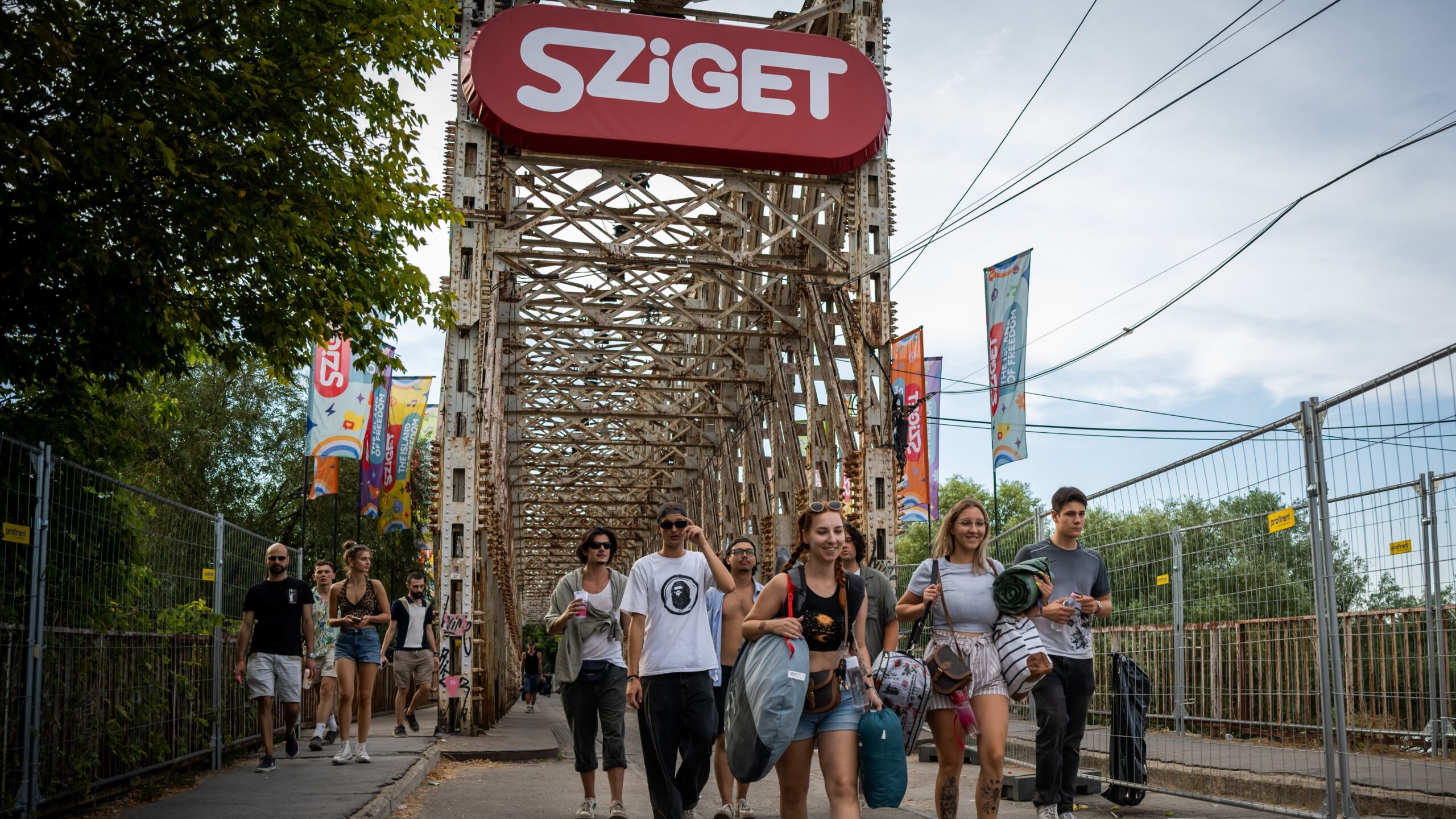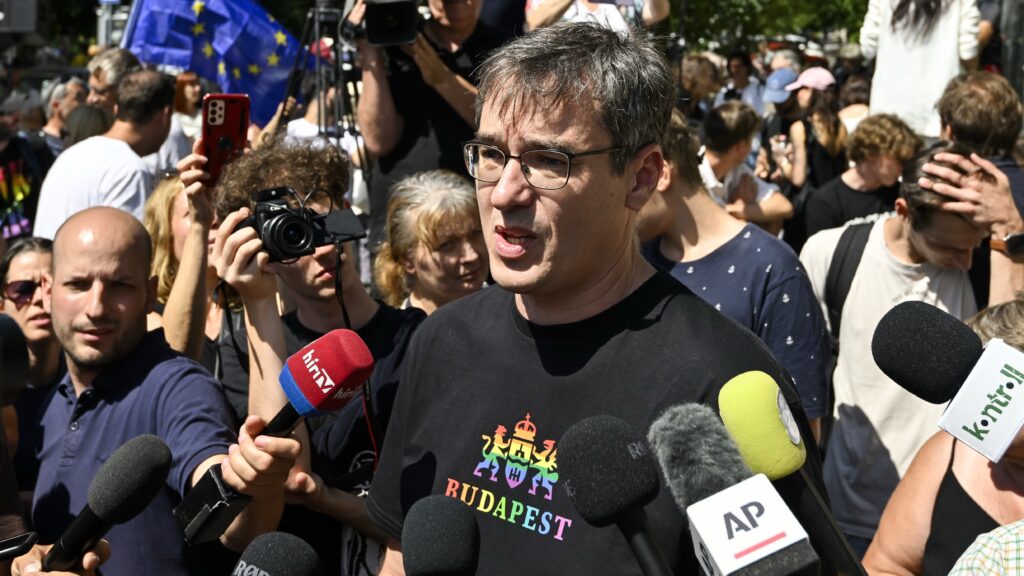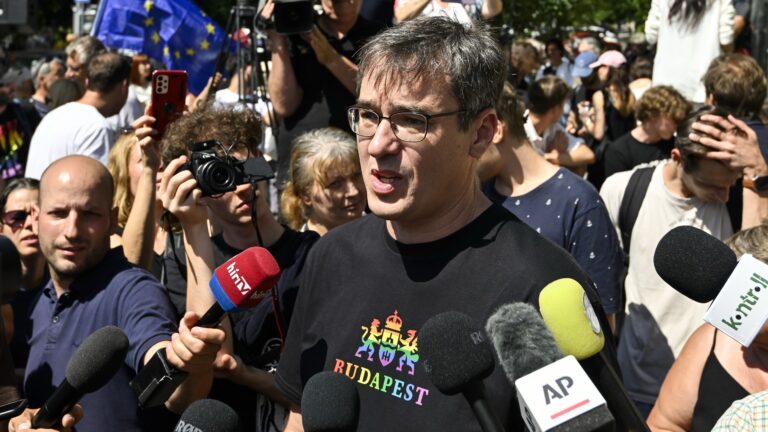The future of the Sziget Festival remains uncertain after the Budapest General Assembly failed to reach a decision on the event’s public-space agreement on Wednesday. The motion, introduced by Mayor Gergely Karácsony, would have authorized the city’s ownership committee to terminate the existing contract with Sziget Zrt by mutual consent. It was rejected with 13 votes in favour and 19 abstentions, as representatives from Fidesz–KDNP and the Tisza Party withheld support.
The issue arose earlier this month when Sziget Zrt’s CEO requested to dissolve the agreement with the city. Mayor Karácsony later confirmed that the festival’s owners had contacted its founder, Károly Gerendai, offering him the chance to return and take charge of the event’s future.
During the debate, Karácsony emphasized that Sziget is a vital cultural and economic asset for Budapest, generating an estimated 31 billion forints in direct revenue for Hungary’s economy. City officials noted that the festival also brings significant additional income to local institutions such as the Budapest Transport Centre and the city’s thermal baths.
Dávid Vitézy described Sziget as one of Budapest’s key cultural exports and a major attraction for both locals and tourists. Other representatives, including MSZP’s Kata Tüttő, urged the Assembly to take risks to save the event, calling it crucial to Budapest’s interests.
‘Other representatives, including MSZP’s Kata Tüttő, urged the Assembly to take risks to save the event’
However, Tisza Party members argued that ending the existing contract would deprive the city of guaranteed income and could raise accusations of mismanagement. They suggested instead that the national government should compensate Budapest for any lost revenue if it supports the festival’s continuation.
Károly Gerendai warned that without cooperation between city factions, there might be no Sziget next year. ‘The current contract’s termination could give us a chance to save the festival,’ he said, expressing regret that political disputes might end one of Europe’s most iconic music events.
Following the vote, Gerendai told reporters he saw little room for a solution: ‘It seems a door has closed.’ Mayor Karácsony echoed the sentiment on Facebook, writing that without Sziget, both the city and the national economy stand to lose billions of forints.
Related articles:







